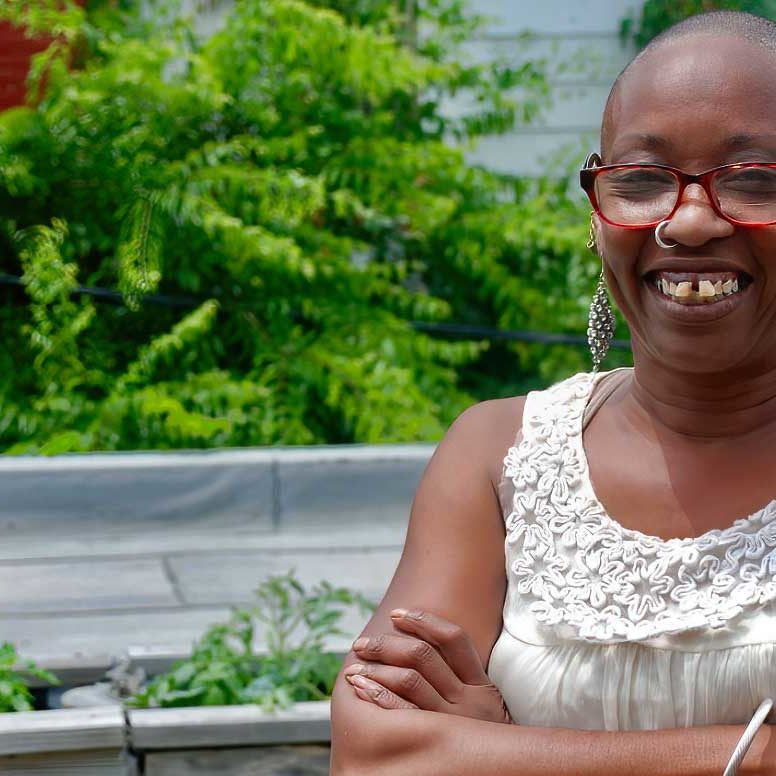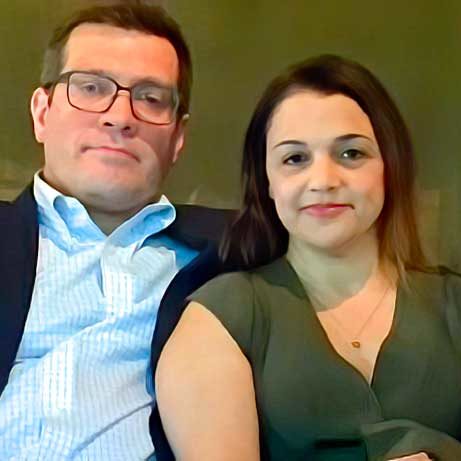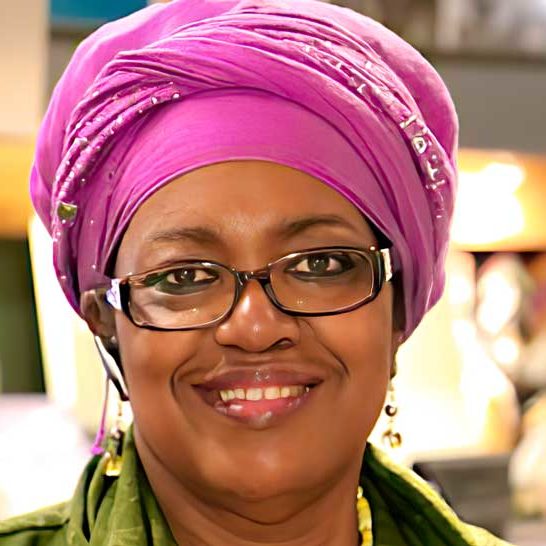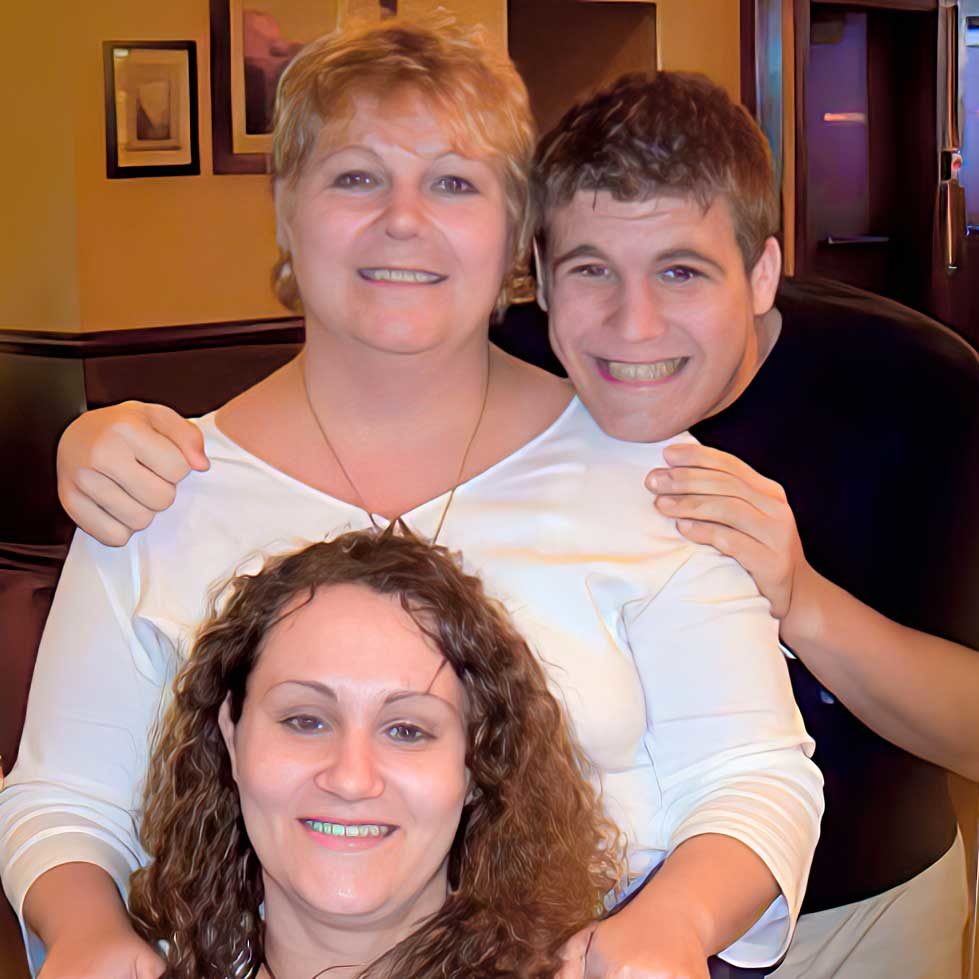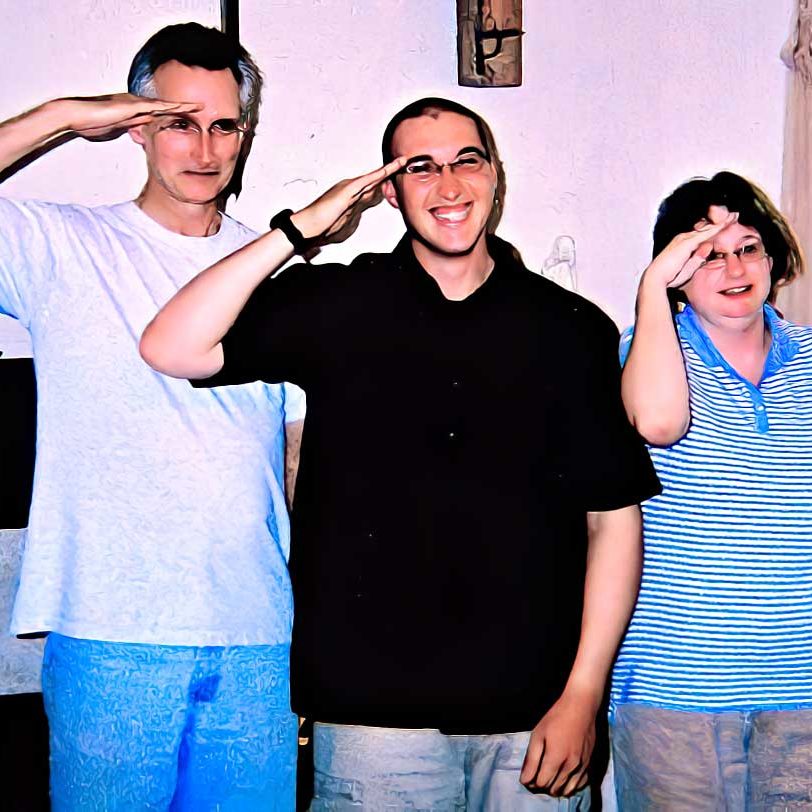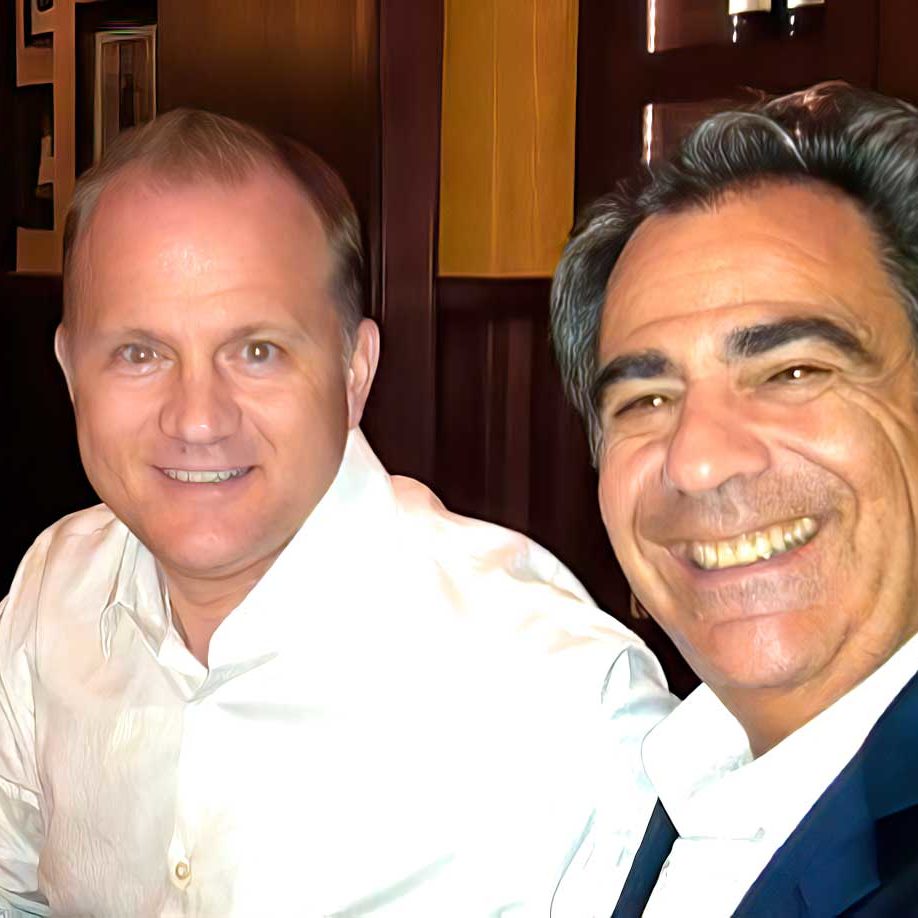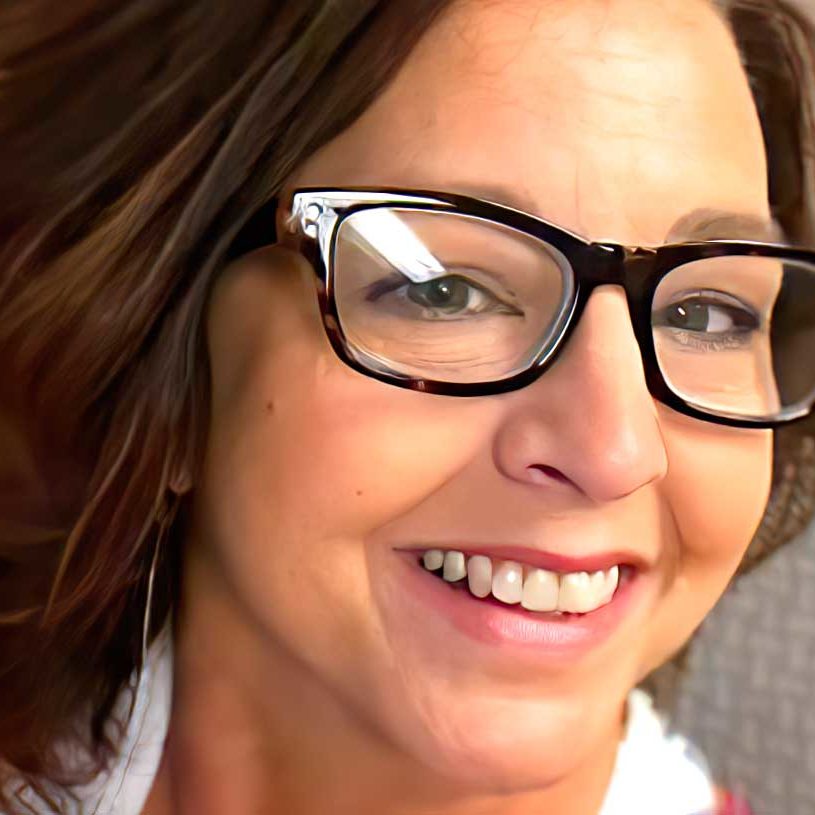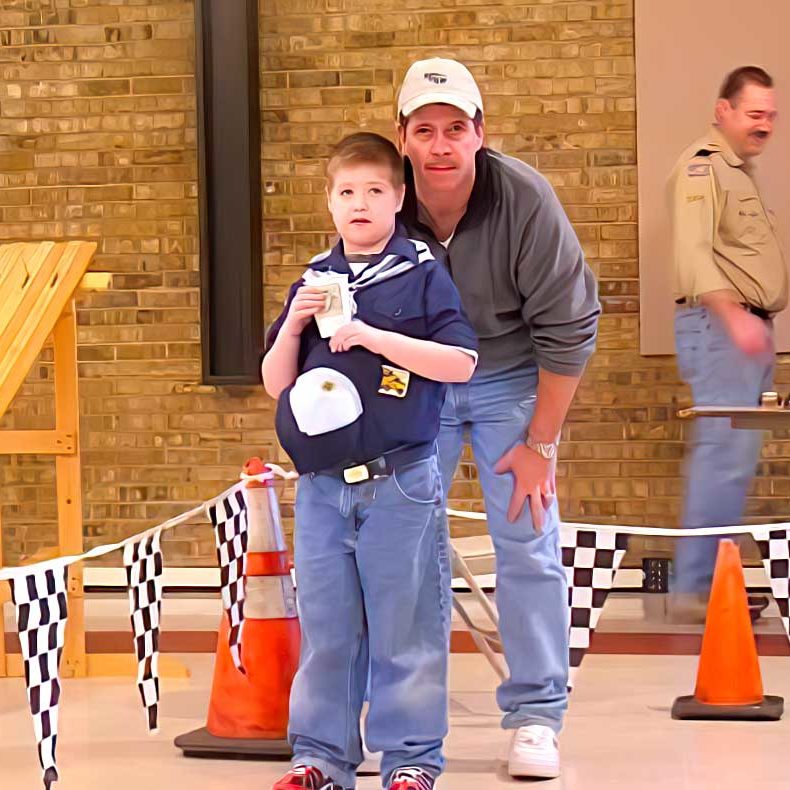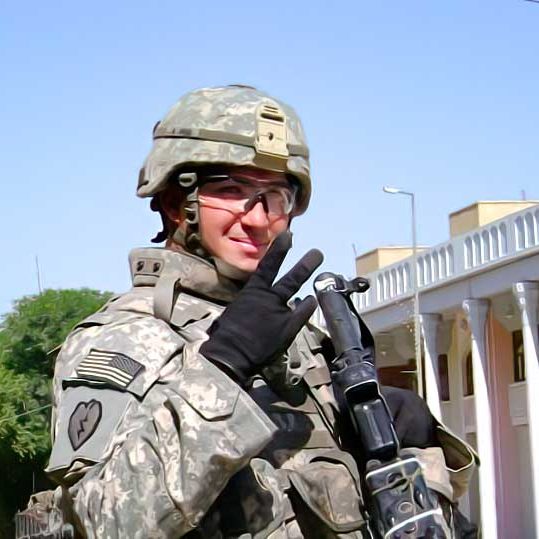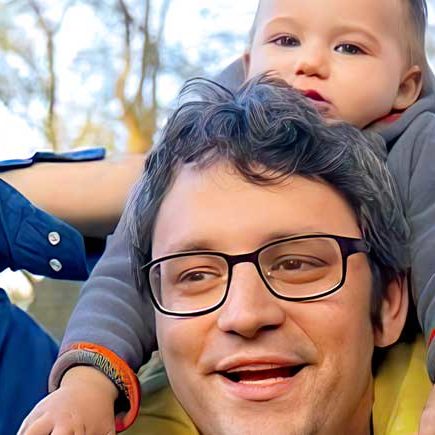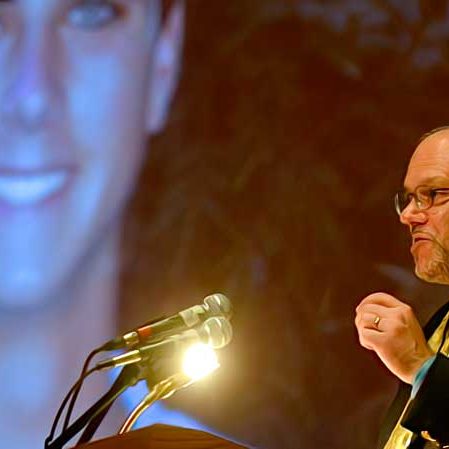Federal Child Safety Protection Laws Are Not Enforced Equally By States
Serving her country was the first thing Betsy Cummings would do following graduation. Leaving her small hometown of Culpeper, Virginia, she was off to see the world, meet her future husband, and eventually welcome her young son, Dylan, into the world.
Following maternity leave, Betsy did what millions of American working families do each day: she relinquished her only child, seven-week old Dylan, to a local childcare center in Norfolk, Virginia, entrusting them with his life. But what happened next was a tragedy no parent should experience.
Within weeks of returning to work, Betsy received a call from the childcare center. They urged her to come quickly; there had been an “incident” and her son was no longer breathing.
What Betsy did not know then, and what American families do not know now, is that federal child safety protection laws are not equally enforced by all states. Certain childcare providers are exempt from commonsense requirements such as background checks, fingerprint analysis, and formal childcare training. In Betsy’s home state of Virginia, for example, 14 types of organizations are exempt from federal child safety protections including religious institutions, karate training centers, local parks and recreation facilities. In these states, families are left with no criminal recourse when their child is injured or dies while under the supervision of an exempt childcare provider.
Racing from her office, Betsy recalls stopping at a red light en route to the childcare center and watching a man cross the street with his child. “I remember thinking, ‘God, I hope I still have that.” She did not. Her son had been found unresponsive after being placed on his stomach to sleep in an unventilated 12-by-12-foot room that fire marshals labeled a utility closet while the caretaker took a lunch break in a more than 55-feet (or five stories away) from the children, according to the Licensing Division of the Virginia Department of Social Services.
In the aftermath of Dylan’s death, Betsy began asking questions. She learned the single caretaker who had been responsible for her son and nine other infants had never received training in how to care for infants and did not know standard safety precautions to prevent sudden infant death syndrome (SIDS). In fact, the childcare center had never been subjected to the routine inspections required for daycare centers licensed by the state of Virginia.
Moved by Betsy’s story, the local district attorney charged the childcare center with felony homicide neglect. Because of the exemption, however, the judge found: “Because of its affiliation with a church, the day care center is not subject to the regulations applicable to secular day cares.” He goes onto to say, “While the court is certainly sympathetic with the concerns expressed by the Commonwealth, the remedy for this situation lies in the sound discretion of the General Assembly, not with the judiciary.” In short, there would be no criminal charges or incarceration for the death of her son; it was a legal loophole that persists today.
After Dylan’s death Betsy left the Navy to pursue her bachelor’s degree in paralegal studies and an associate’s degree in criminal justice. Now a paralegal, Betsy is determined to help change Virginia laws governing childcare licensing and regulation to prevent what happened to her son from happening to other children. “I just want to see that it’s safe, that it’s fair, no matter where you go,” she says. “I have to try to save another child. I have to try to keep others from feeling this pain I feel every day. That has to be why Dylan was put here.”

